1
Roskilly’s Farm, St Keverne, Cornwall
Get your hands dirty at this working farm near mainland Britain’s southernmost tip, where you can watch how Roskilly’s famous organic ice-cream is made from the farm’s Jersey cows. Take a wildlife walk, feed the ducks and try a cone or two.
2
Avebury stone circle, Wiltshire
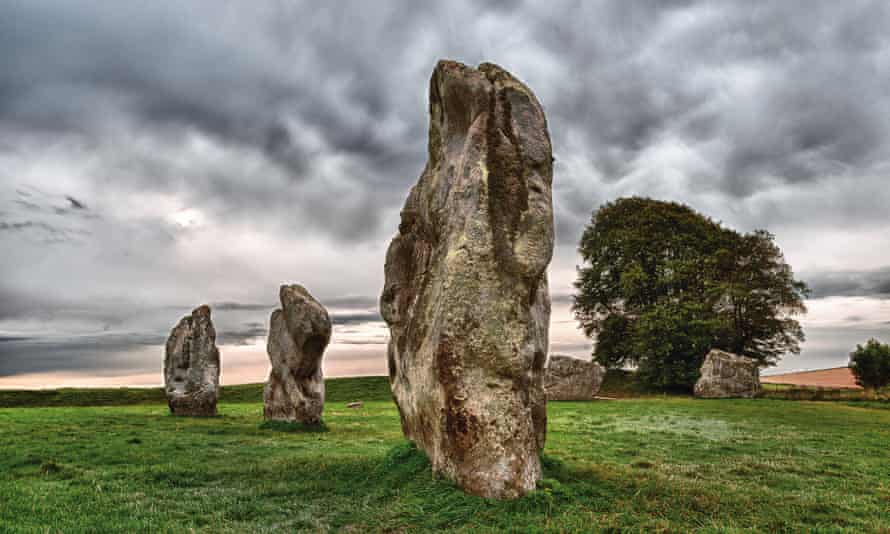
Run wild through a prehistoric wonder without the tourist circus of Stonehenge, 30 minutes’ drive away. Much of the village lies inside Britain’s largest stone circle – originally about 100 stones – which in turn encloses two smaller circles.
3
Strawberry Fair, Cambridge
The popular festival returns after a Covid-enforced break with a new theme: Love the Planet. Attractions include a band competition, the Portland Ballroom, a family area with crafts and bubbles, the solar-powered Scarecrow Corner and live music from samba to drum’n’bass to jazz.
Midsummer Common, Cambridge, 11 June
4
Royal Botanic Garden, Edinburgh

You’d be hard-pressed to find a more diverse collection of microbiomes than in these 70 acres: there’s a rock garden, Chinese hillside, alpines, an arboretum and the Queen Mother’s memorial garden, with native plants such as bog myrtle. The glasshouses are closed, but visitors can still enjoy superb panoramic views of the city skyline to Edinburgh Castle. Current free exhibitions include Yan Wang Preston’s audiovisual installation With Love. From an Invader, in which the artist conducts a study of wild rhododendron in the context of the surge in xenophobia and racism prompted by Brexit and the pandemic. There is also a weekly chance to meet and quiz the gardener.
5
Walton-on-the-Naze, Essex
Go fossil hunting on the many trails that run through Walton-on-the-Naze, advertising itself as “England’s friendliest resort”, and one of the sunniest spots in the country. Sharks’ teeth are a particularly impressive find on the beach.
6
Salts Mill, Saltaire, West Yorkshire

Visit the Grade II-listed former textile mill to see David Hockney’s A Year in Normandie, which takes you through the four seasons in a huge frieze longer than the Bayeux tapestry which inspired it. The artwork has never been shown in the UK before. If you find yourself with time on your hands afterwards, Salts Mill has an eclectic selection of shops, including one that sells early musical instruments: ideal for when only a lute will do.
One for older kids and adults, the new, bigger museum opened in east London in March. There’s a permanent exhibition on gynaecological anatomy, a temporary periods exhibition, plus a community gallery, events programme and cafe.
8
The Burrell Collection, Glasgow

Reopening after a six-year, £68m refurbishment, the collection features 9,000 objects acquired by shipping magnate William Burrell, including suits of armour, paintings, Chinese porcelain and Roman and Egyptian antiquities. Highlights of one of the biggest privately amassed collections in the world include a Meiping vase from the Ming dynasty, plus paintings by Manet, Cézanne and Degas.
Built on the site of a mining complex, Heartlands combines social history with adventurous play – plus a cafe housed in a Grade II-listed former carpentry shed. It occupies 19 acres of a Unesco world heritage site and has a number of exhibitions celebrating the area’s mining heritage, giving a sense of what it was like to go down into the pit. There are also landscaped botanical gardens, an adventure playground and arts and crafts studios.
10
Formby beach, Merseyside
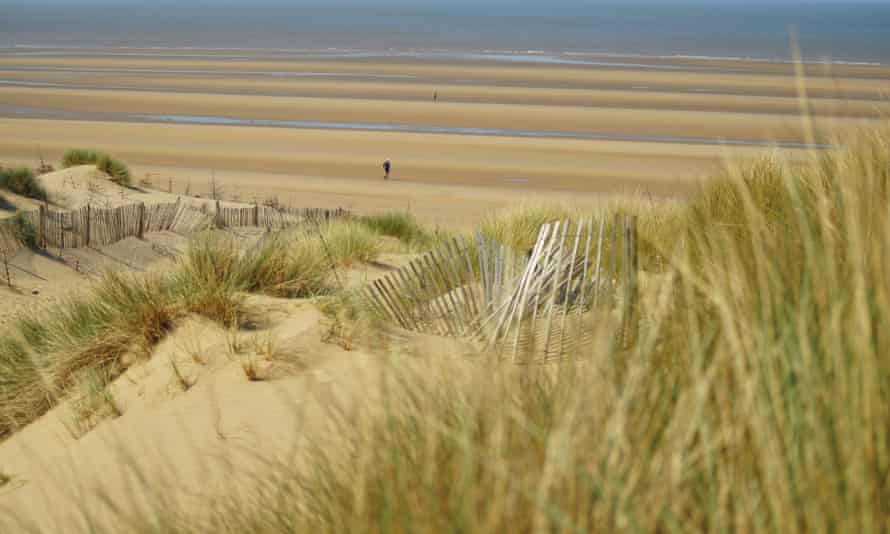
Look past the parasols and lollies, and go for a walk along one of Europe’s best mobile sand dune habitats at Formby beach; you might even spot some red squirrels in National Trust-maintained woodland at Formby, along with 15 species of orchids.
11
National Wool Museum, Carmarthenshire
Wool was once big business in the Teifi valley, west Wales, and these restored mill buildings near Newcastle Emlyn tell the story. Learn about the journey from fleece to fabric on A Woolly Tale trail, watch demonstrations on the historical looms, then try your hand at carding, spinning and sewing.
12
Coed y Brenin Forest Park, near Dolgellau
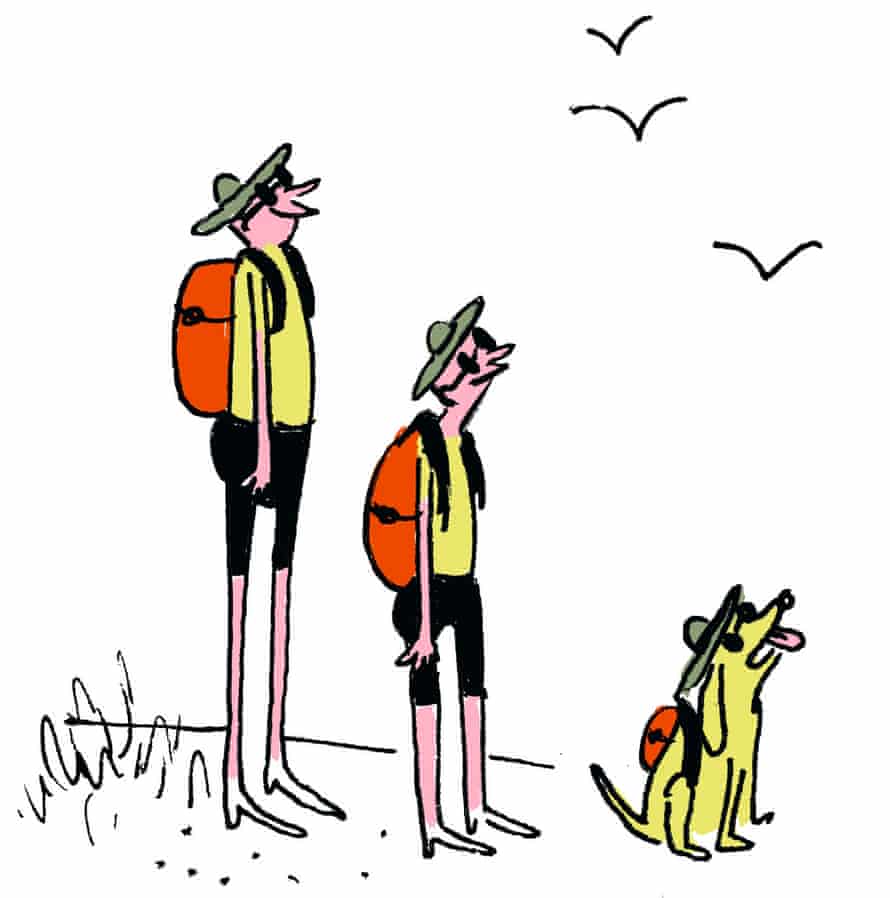
It can be tricky to persuade children to pop on their hiking boots and head out into the hills. One answer is to make it into a giant outdoor game of hide and seek using Geocaching. At this park in the heart of Snowdonia there are hidden caches, or treasures, along two trails that you can find using maps and Global Positioning System-enabled devices (if your phone isn’t up to the job, hire one at the visitors’ centre). The circular paths go along forest roads and pass disused goldmines, the Sarn Helen Roman road and a medieval ironworks. For added adventure there are mountain bike trails; for a more sedate visit, head to the play areas and cafe.
13
National Museum of Scotland, Edinburgh
Children will love running in the museum’s giant hamster wheel to generate energy, taking selfies with Dolly the sheep and saying hello to a lifesize T rex (the cast of a skeleton found in Montana in 1988). They can also drive a Formula One simulator and release a hot-air balloon.
14
Morecambe Bay, Lancashire

There is a definite buzz around Morecambe, with hopes that ground will soon be broken for the Eden Project North. The northern sibling of the Cornish site will focus on the marine environment and be built in giant, transparent domes on the promenade. Before the crowds descend, why not head to the seaside resort and take a stroll down the prom, stopping off for a play on the twopenny slot machines and some sticky pink candy floss before taking a family snap next to the skipping statue of Eric Morecambe by the shore and eating cake at the glamorous art deco Midland hotel.
Become an art detective at the Out of the Crate exhibition, where the public can look behind the scenes of Manchester’s publicly owned sculpture collection. About 60 are on display; previously kept in storage, they have simply been unboxed and left out for public inspection, without any information about their historical significance.
16
The Donkey Sanctuary, Devon
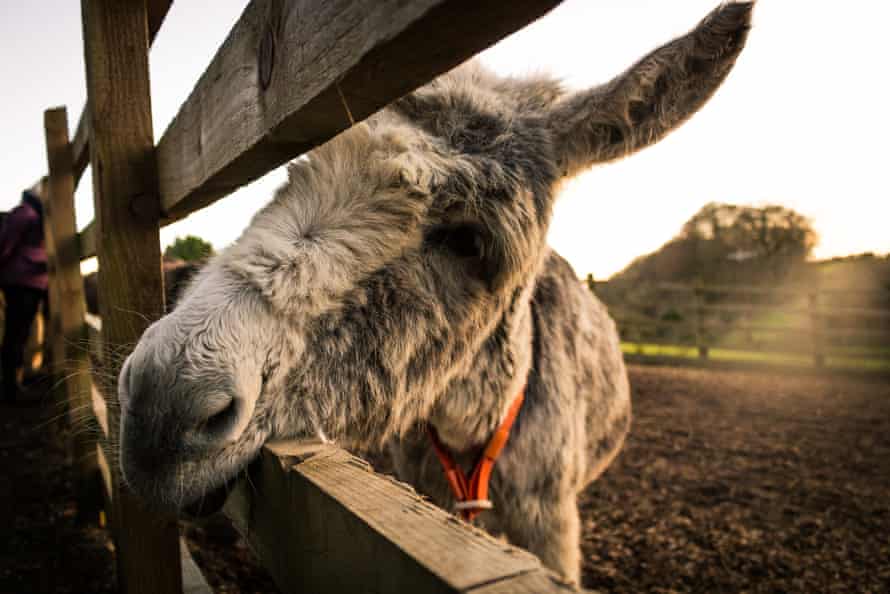
Since its humble origins as a charity in 1969, the Donkey Sanctuary has grown into an international animal welfare advocate and now has about 200 donkeys at its site on the Jurassic coast near Sidmouth, with a walking trail, educational zone, play area and cafe. Entry is free but tickets must be booked.
17
Promenade Gardens, St Anne’s, Lancashire
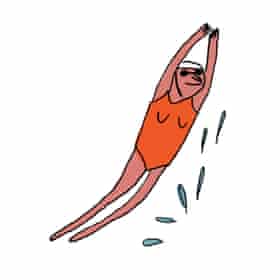
If the Irish Sea is looking a bit chilly, children aged from three to 12 may prefer to get wet at this colourful splash park. There are spray loops (which soak you from all angles), bucket drops (which fill up gradually and drench you when you least expect it) and seats for spectators (who, one hopes, will stay dry). Entrance is free but booking essential.
18
Great Eastern Pingo Trail, Norfolk
A fascinating eight-mile walk through a watery and woodland landscape formed during the last ice age. Pingo ponds were created when water beneath the ground froze and expanded, pushing the earth upwards. As the area warmed and the ice melted, the ground slumped, leaving small circular craters, many of which filled with water.
19
Chatsworth House, Derbyshire
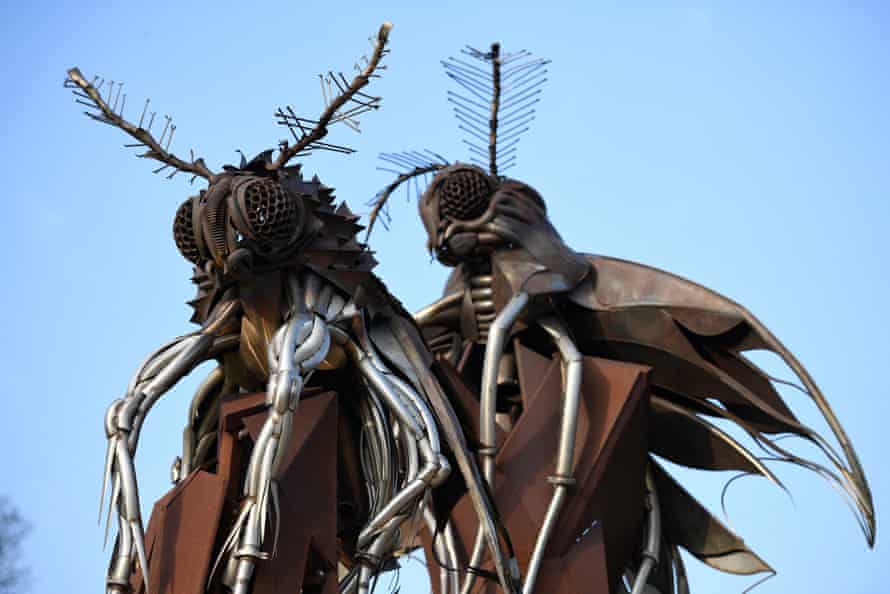
Relocated from the desert in Nevada to a park outside a stately home in England, Radical Horizons: The Art of Burning Man at Chatsworth will feature 12 major pieces showcasing the creative spirit of the festival, in which teams of volunteers gather in the desert to build new artworks. Three sculptures will be made in the parkland with the help of visitors and local community groups over the year.
Chatsworth House, Derbyshire, to 1 October
20
South Marine Park, South Shields
This seafront park boasts a miniature steam train, pedalos on the boating lake and two soft play areas. It also has an unusual inhabitant: the Herma Merma Dragora, a statue that is part dragon, part human, part fish, part horse. It was created by sculptor Richard Broderick with help from local schoolchildren and forms part of a trail featuring 10 works reflecting the area’s heritage and landscape. The Friends of North and South Marine Parks run regular events, many in the Victorian bandstand, and there’s free live music from local bands on Saturdays.
Stay connected with us on social media platform for instant update click here to join our Twitter, & Facebook
We are now on Telegram. Click here to join our channel (@TechiUpdate) and stay updated with the latest Technology headlines.
For all the latest Lifestyle News Click Here
